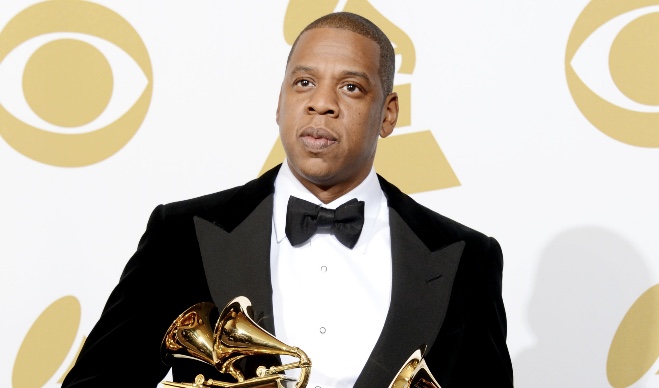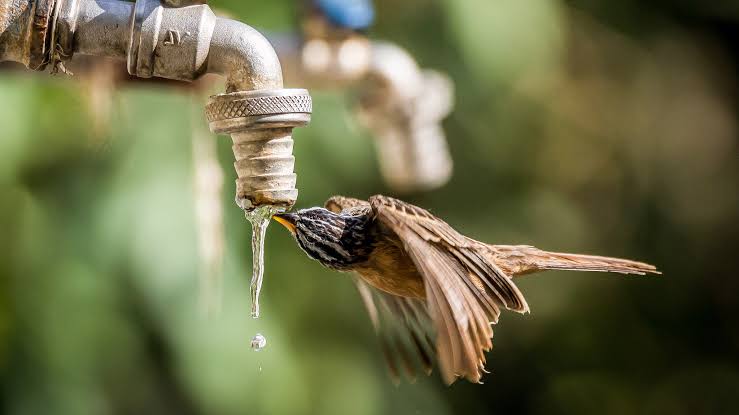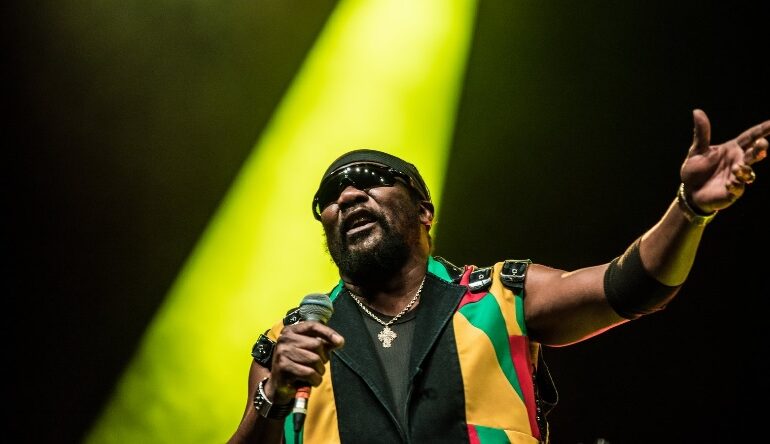
Avellon Williams
JAMAICA- This celebration highlights Reggae music’s contribution to Jamaica’s social, cultural, and economic development.
In honour of Nesta Robert Marley’s (Bob Marley) birth month – February 6, 1945, this month has been designated as Reggae month in Jamaica.
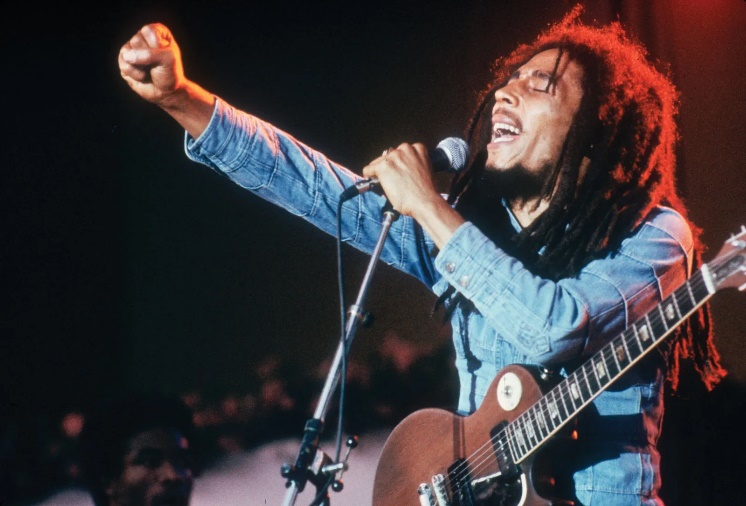
Early Reggae icons like Bob Marley (1945-1981) and Jimmy Cliff put this global music genre on the map.
Although Frederick Nathaniel Hibbert is mainly known as Toots Hibbert, he has been a household name in the Caribbean for decades. Toots claims to have invented the word ‘reggae’. As a result of its impact and what it represents internationally, UNESCO granted ‘protected status’ to Reggae music as an “intangible cultural heritage” in 2018.
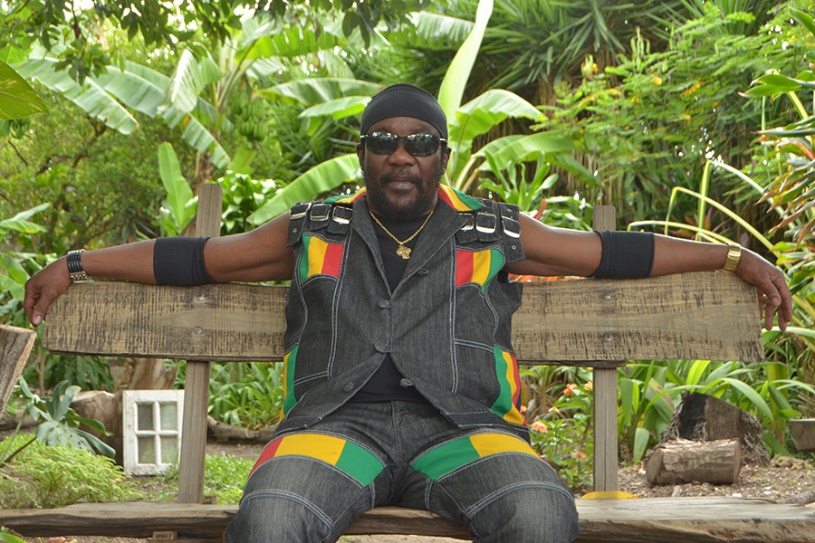
As part of this celebration, July 1st is designated as International Reggae Day since 1994. Thanks to Winnie Mandela’s (1936-2018) speech in Kingston in 1992 and Andrea Davis’ worldwide effort to protect the Reggie genre. During 1992 and 1994, it was known solely as Reggae Day.
Reggae became a global music brand when Toots’ 1967 song “Do the Reggay” transformed the term reggay from a Jamaican dance style to a global music genre. In a nutshell, reggae is a synthesis of Jamaican music at the time, predominantly ska and rocksteady. The fact that the word ‘Reggae’ originated from slang for someone “who is a bit scruffy or not well kept “is emphasized.
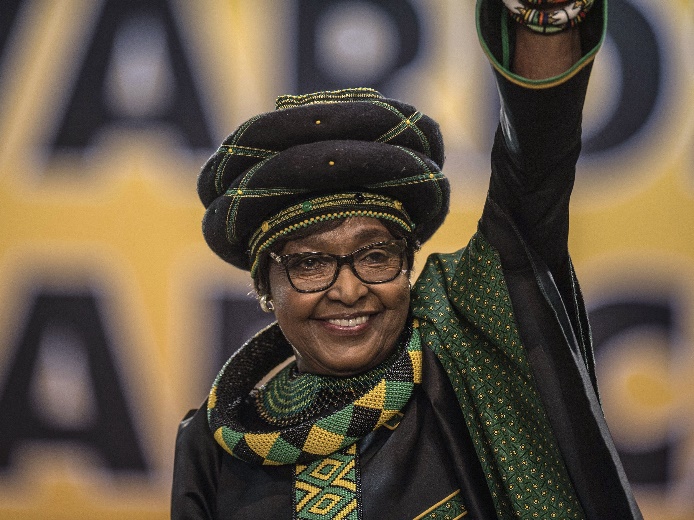
Reggae artists were originally associated with the Rastafari movement, which was an expression of black awareness against the Babylon system, as demonstrated by their messy dreadlocks.
Besides playing the hammond organ and guitar, Toots was also a vocalist. It’s noteworthy that he did not attend the Alpha boy’s school, as did many other early musicians in Jamaica. Rather than singing professionally, he started out singing in church.
As a musician, Toots was able to create any type of rhythm from ska to reggae, roots reggae to R&B to rocksteady. To our great sadness, Toots born on December 8th, 1942, passed away on September 11th, 2020, from Covid-19. Toots left behind The Maytals, a group he founded as the vocalist in the early 1960s. Also, in Studio One, the Maytals collaborated with Jamaican music pioneer Clement Seymour Dodd (1932-2004), aka Coxsone.
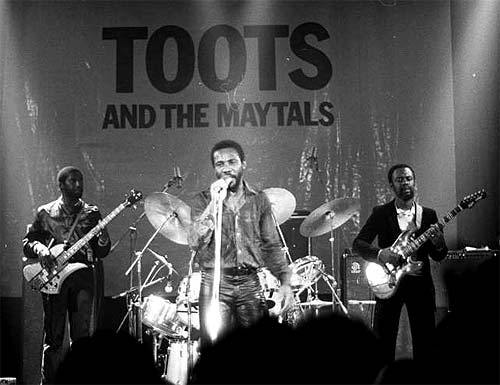
As a result of his significant contribution to reggae music, Toots received The Order of Jamaica (OJ), Jamaica’s fifth-highest honor. The OJ Award winner is known as “The Honorable.” Honorable Toots was buried in National Heroes Park with other Jamaican heroes. Among his interment companions is Dennis Emmanuel Brown (1957-1999), the Crown Prince of Reggae.
Numerous renditions of Toots’ song ’54-46 That’s my number’ produced in 1968 still stand out in the minds of many.
Toots became famous throughout the world following the 1966 release of his riddim ‘Bam Bam’.
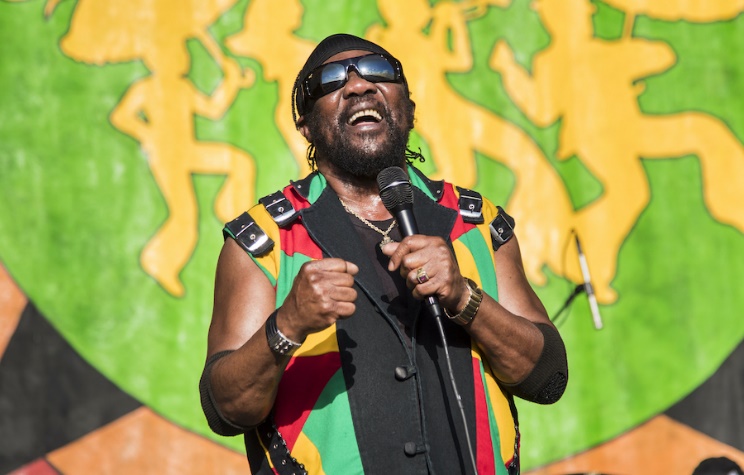
Several artists have dubbed the Bam Bam riddim into dancehall and related Jamaican music sound systems, including Sista Nancy (1982), Chaka Demus and Pliers (1992), Shaggy featuring Toots (2005), Uganda’s Bobi Wine (2008), Stylo G featuring Sister Nancy (2013), and The Maytals featuring LebaHibbert (2021).
Liba Hibbert and Clayton Hibbert, two of the Toots’ offspring, would be great if they carried on the tradition of their father. This will be a symbolic representation of the great legendary ‘s persona in the music that transformed Jamaica into a black-conscious nation.


